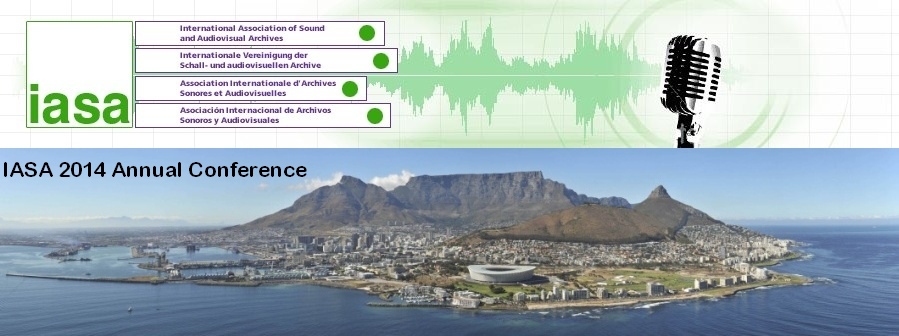Government Information Services Ltd (GISL - http://www.gisltd.tt/) is a state agency charged with the preservation of audio-visual cultural heritage for Trinidad and Tobago. GISL is engaged in a long-term initiative to preserve local broadcast footage of cultural significance. From April 2013 to March 2014, GISL, with multidisciplinary input from the University of the West Indies (UWI) at St. Augustine, engaged in a pilot project to establish appropriate systems and workflows for the ingestion and cataloguing of tapes in its possession. The cultural themes to be explored are endemic to Trinidad and Tobago namely:
•parang: instruments,
•carnival: costume construction: wire-bending,
•calypso: lyrics,
•steelpan: technology,
•multi-culturalism: festivals and food
A key finding of the pilot project is the need for a sustainable model for the engagement of stakeholders in the process of documenting digital heritage and establishing its historical context. This model/framework requires:
•dialogue within and between groups of stakeholders,
•infrastructure to support storage and curation of digital assets,
•training on the use of infrastructure, and contextual background,
•documentation and identification of content
Stakeholders who contribute to the contextualisation of digital assets include cultural practitioners and aficionados, and academic and information professionals. Stakeholders who contribute to the curation of digital assets include rights holders, and government technocrats/policymakers.
For the sustainability of the initiative, each stakeholder group must have a clearly articulated understanding of the tangible benefits they will derive from participation in the process. For example NGOs can access publicity, digital content, and niche funding with the support of partners; policymakers find alignment/engagement with national goals initiatives e.g. student curricula, cultural development.
Infrastructural support requirements identified by the pilot project include the use of extensible formats, the provision of open access to metadata and/or content, processes to manage and repair degraded materials, and the use of redundant hardware and processes to protect against information loss.
Key challenges to be addressed include the accommodation of differing versions of “truth” from cultural practitioners, management of conflict due to overlapping areas of stakeholder responsibilities, overcoming traditions of secrecy in disseminating cultural practices (mental archivisation), engaging the youth in cultural traditions where experts are aging, and identification of rights holders for cultural artifacts.
